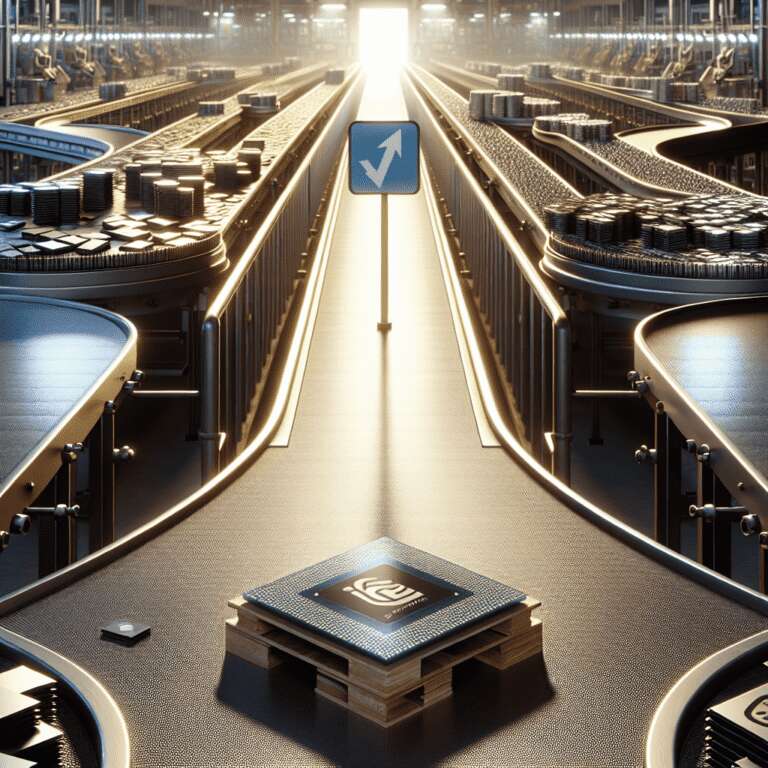Intel has openly acknowledged that its highly anticipated 18A manufacturing node has yet to attract any ´significant´ chip orders from major external customers, despite aggressive efforts to position itself as a leading foundry. The update came from Intel CFO David Zinsner during a Boston investor conference, where he confirmed that while firms including Nvidia and Broadcom have evaluated the 18A node with test chips, none have committed to substantial production volumes. Intel’s strategy of running a competitive foundry operation hinges on winning such large-scale chipmaking contracts, particularly as the company seeks to regain ground lost to rivals in recent years.
This revelation casts doubt over the immediate commercial prospects of Intel’s 18A technology, which former CEO Pat Gelsinger famously described as the company´s cornerstone for future recovery and competitiveness. The first 18A product, the Panther Lake mobile CPU, is scheduled for release later in 2025. However, the fact that industry leaders have not placed large orders signals reluctance in the market to switch fabrication partners from existing incumbents, most notably Taiwan Semiconductor Manufacturing Company (TSMC). Intel´s foundry ambitions are further muddled by previous announcements, such as a reported multi-billion dollar collaboration with Microsoft, which has yet to produce visible results or confirmed large chip production runs.
The stakes for Intel are high, especially as companies like AMD remain committed to TSMC´s upcoming N2 process node, locking in contracts for next-generation products well in advance. Industry observers note that such deals are typically negotiated years before chips reach mass production, meaning Intel must secure business soon to make the 18A node viable. The company is also developing an even more advanced 14A node, but its current turnaround strategy remains staked largely on 18A’s adoption by outside customers. If significant partnerships do not materialize, Intel risks falling further behind in the contract chipmaking race, as the broader semiconductor sector—especially for next-generation CPUs and Artificial Intelligence hardware—continues to consolidate around established foundries.

